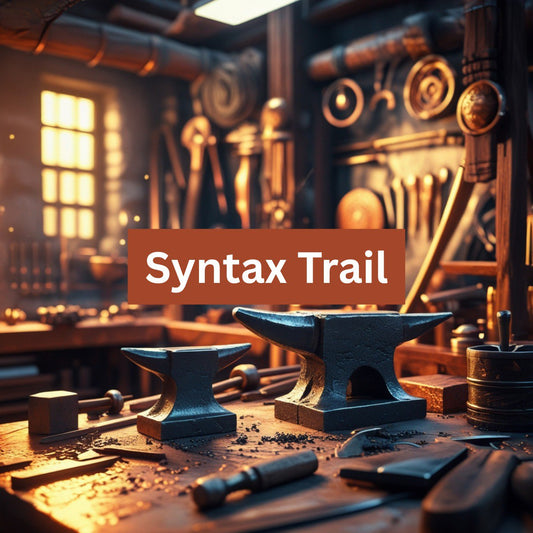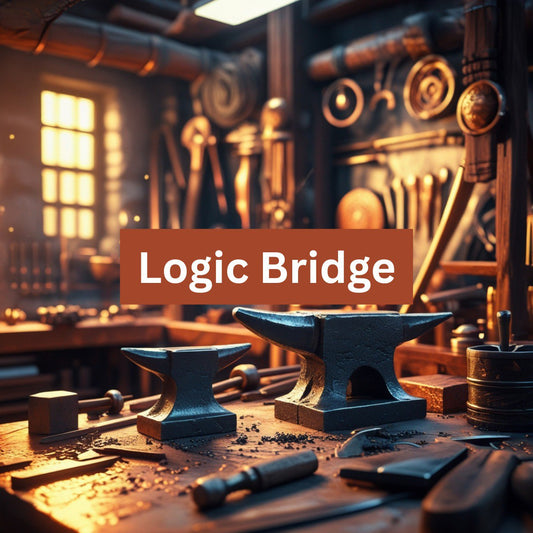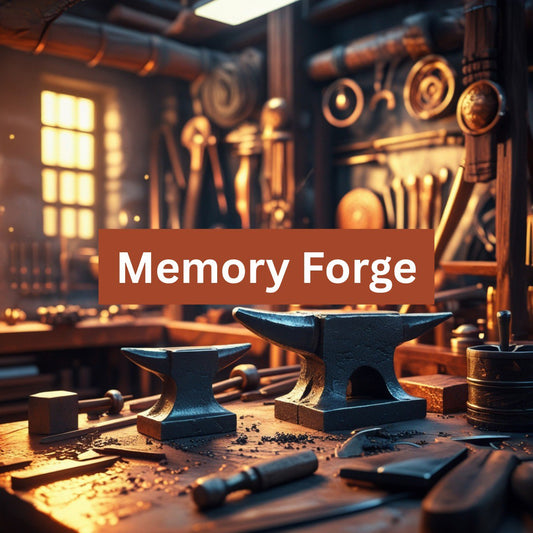
Bronzalor — C++ with Clarity
C++ Learning Paths
-
Syntax Trail
Regular price $250.00 CADRegular price -
Logic Bridge
Regular price $350.00 CADRegular price -
Memory Forge
Regular price $360.00 CADRegular price -
 Sale
SaleFrame Guide
Regular price $500.00 CADRegular price$600.00 CADSale price $500.00 CADSale -
Forge Guide
Regular price $700.00 CADRegular price -
Peak Guide
Regular price $1,000.00 CADRegular price
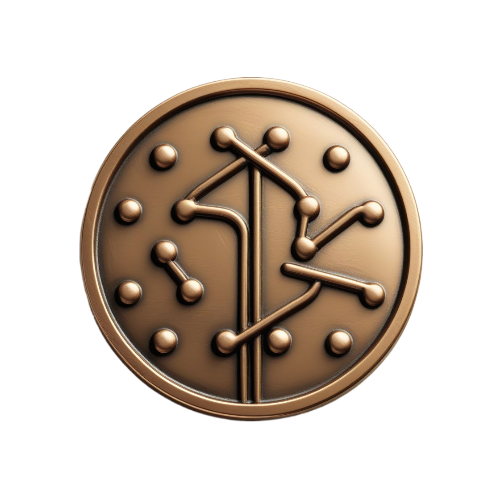
The Bronzalor Story
Bronzalor is a group of developers and writers preparing C++ materials with a focus on clear explanations and practice. We combine real-world development and mentoring experience to present topics in sequence: from basic syntax and memory handling to generic techniques, data structures, and mini-projects. We value clarity, examples rooted in real tasks, and exercises that help you build coding skills step by step.

Bronzalor
Frame Guide

What Truly Matters
-

Logical Flow
Materials progress from fundamentals to
more advanced steps without abrupt
jumps. -

Practical Exercises
Post-section tasks help you
apply the ideas in your own
code. -

Mini Projects
Short projects combine multiple
topics and show how they work
together.

Teach with Honesty and Practice
We create C++ courses that support self-study through clear theory, exercises, and guidance on checking solutions. Our aim is a practical, sequential path: from concise examples to small projects where each step builds on the previous one. Bronzalor is intended to help learners organize knowledge, understand details, and move forward consistently.
Questions and Answers
What prior knowledge is helpful?
A grasp of basic logic—variables, conditionals, loops, simple algorithms—is useful. School-level math helps with data types and calculations. If you lack this, the introductory sections contain compact refreshers to make further progress smoother.
What is the practice approach?
Each section ends with exercises, ranging from short tasks to small mini-projects. You’ll find self-check questions for key ideas and hints about common pitfalls. The aim is to write code regularly and reinforce what you’ve learned.
Which topics are covered in C++ learning?
The path includes basic syntax, types and expressions, memory handling, functions and modularity, core object-oriented ideas, generic programming, basic data structures, and common algorithmic techniques. Practical examples show how these ideas apply to small tasks.
How much time should I spend weekly?
A balanced suggestion is 4–6 hours per week for reading and exercises. To move faster, add 2–3 hours for extra tasks.
People Behind the Code and Notes
-

Daniel Reed
C++ algorithms
engineer -
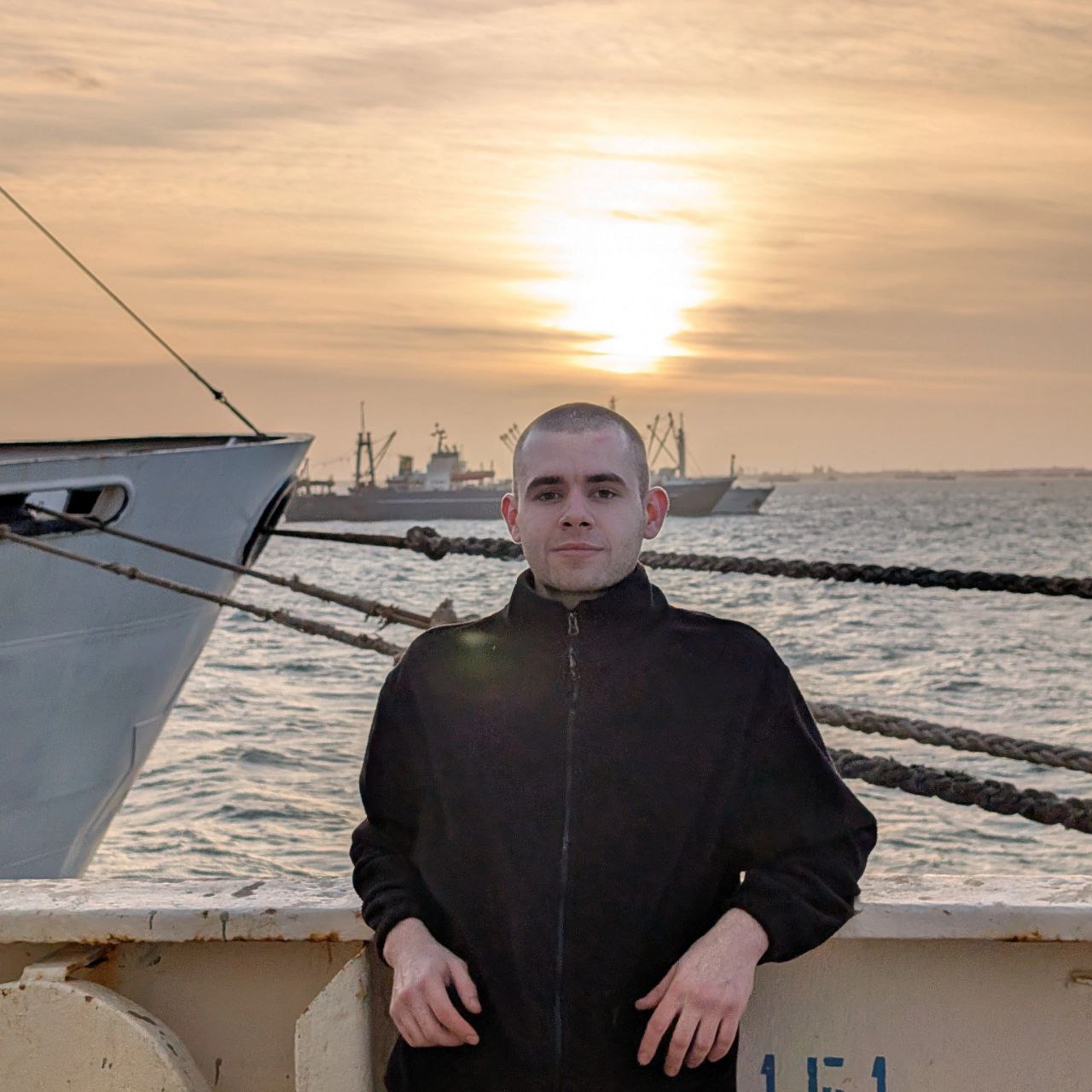
Jordan Walker
C++ systems software
developer -

Lucas Bennett
C++ curriculum
designer


